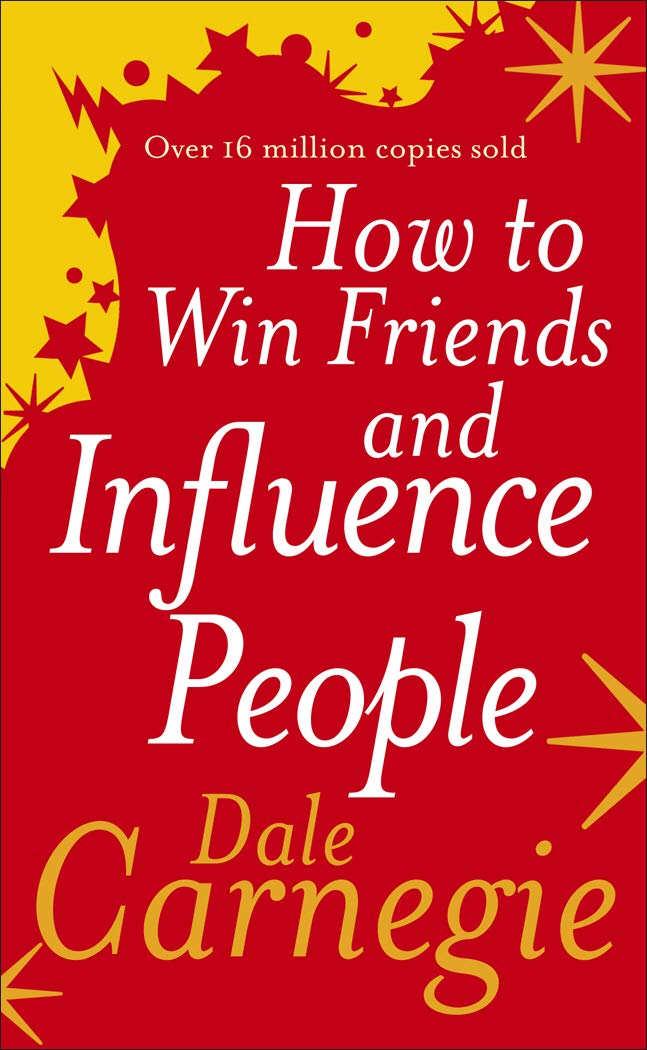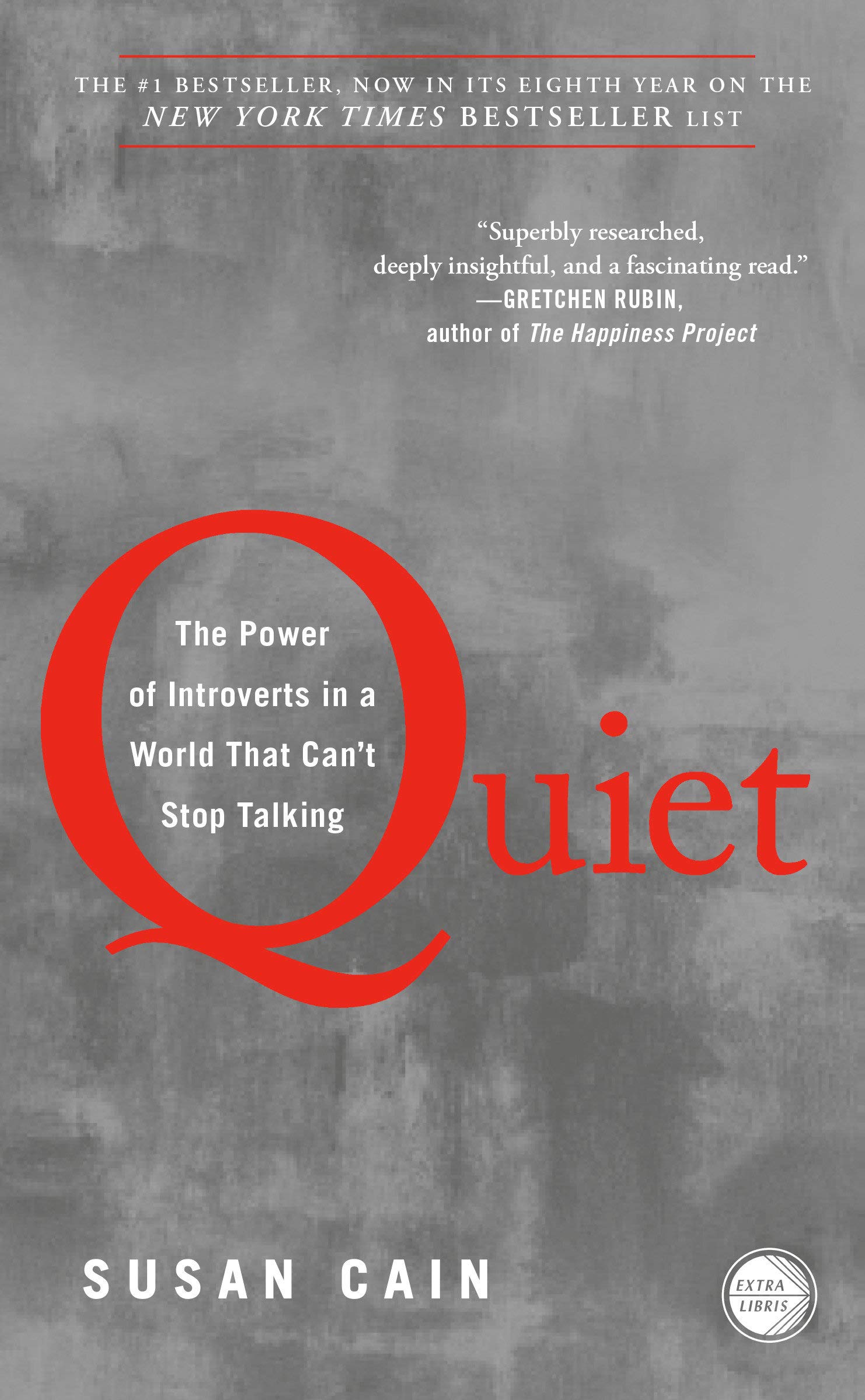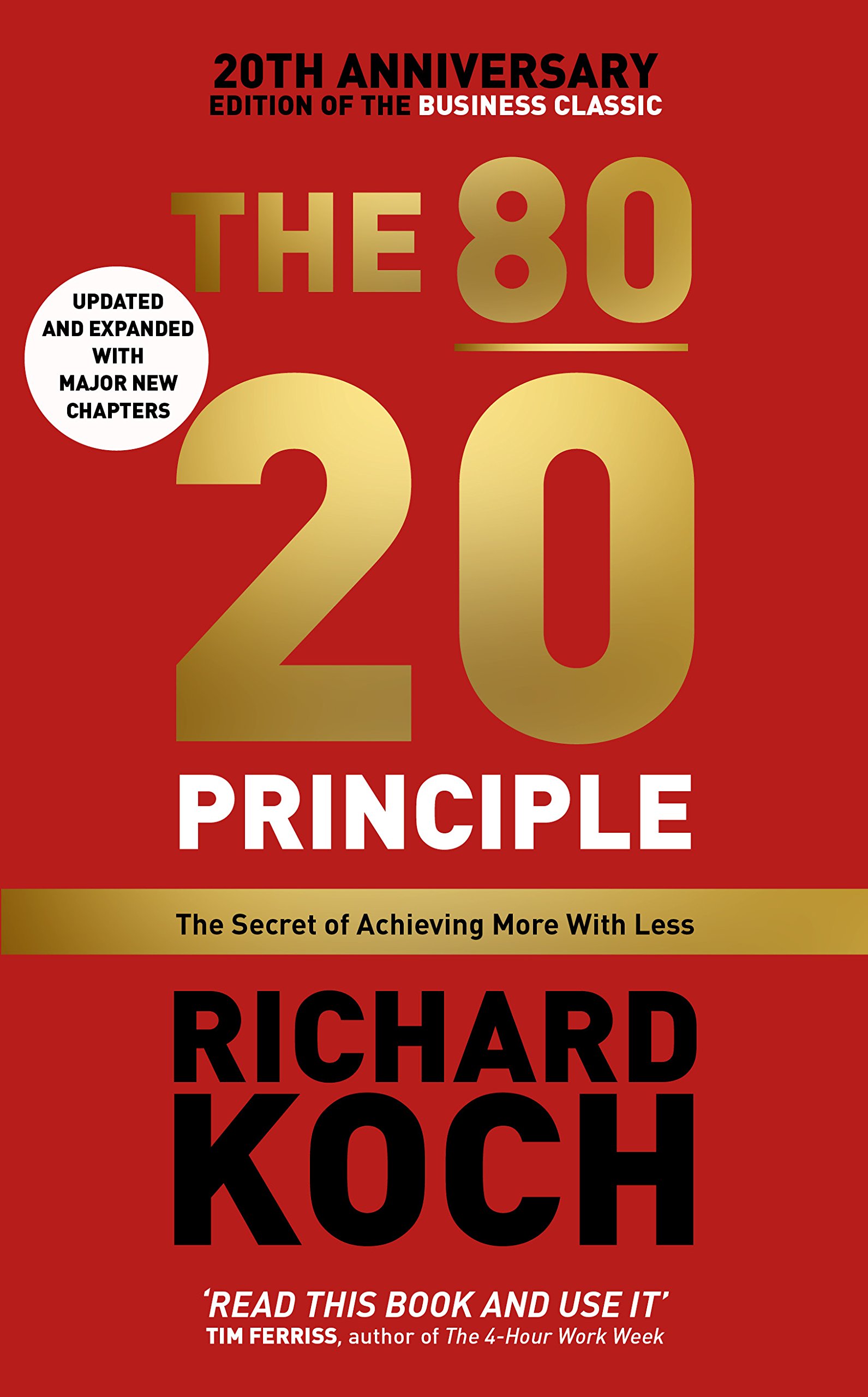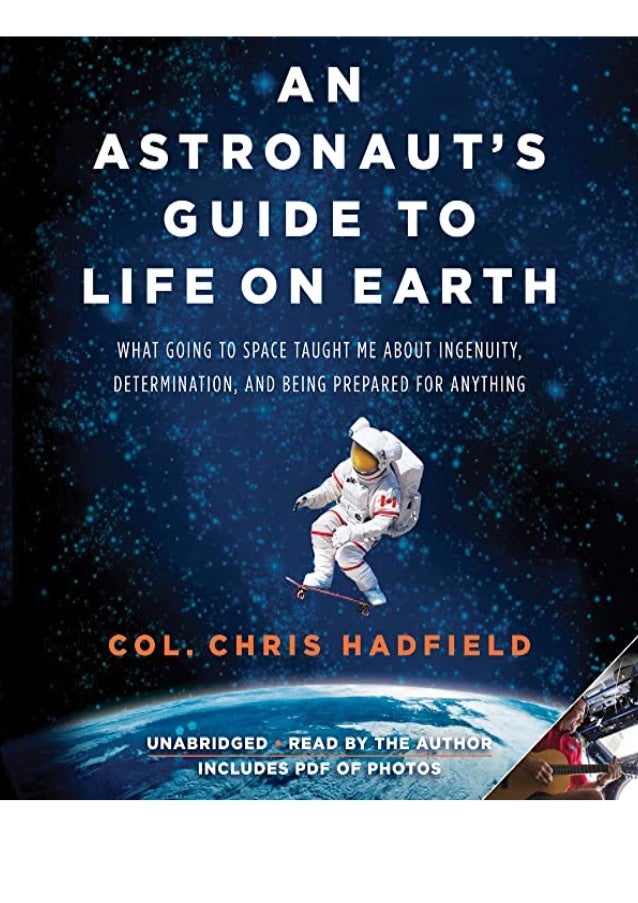15 Personality Development Books for Youngsters.
By: Sherly J. Victor
Education & Learning, Feature Articles, Social & Youth development,

Personality Development Books for Youngsters that might turn their life around –
As humans, we are always trying to find something better. Something better to make us happy. Something better to satisfy us and our needs and so on. We long for snippets of wisdom to guide us. Self-development books are a great source of those nuggets of strategies. These ideas tell us to face challenges, win in life, or just get by a difficult day.
Personality development books for youngsters can prove to be as important as a life coach. But personality development books are so many and are wide as a mighty ocean. There are so many self-help books that one person cannot consume them all in his lifetime. But fret not, we have found you some books worth your time.
Here are our 15 recommendations of Personality Development books for youngsters –
| 1. | Thinking, Fast and Slow | Daniel Kahneman |
| 2. | How to Win Friends and Influence people | Dale Carnegie |
| 3. | If You’re So Smart, Why Aren’t You Happy? | Raj Raghunathan |
| 4. | Make your Bed | Admiral William H. McRaven |
| 5. | Stop Acting Rich | Thomas Stanley |
| 6. | Quiet: The Power of Introverts in a World That Can’t Stop Talking | Susan Cain |
| 7. | Wherever you go, there you are | Jon Kabat-Zinn |
| 8. | You are a Badass: How to Stop doubting your greatness and start living an awesome life | Jen Sincero |
| 9. | The 80/20 Principle | Richard Koch |
| 10. | The Happiness Advantage | Shawn Achor |
| 11. | Daring Greatly | Dr Brene Brown |
| 12. | An Astronaut’s guide to life on earth | Chris Hadfield |
| 13. | The Happiness Trap | Dr Russ Harris |
| 14. | The Tao of Pooh | Benjamin Hoff |
| 15. | When things fall apart | Pema Chödrön |
Thinking, Fast And Slow – Daniel Kahneman

Our first recommendation in this list of personality development books for youngsters is this masterpiece. It is written by the Nobel Memorial Prize in Economic Sciences laureate Daniel Kahneman. To say it in a sentence, this book teaches how humans fool themselves while thinking.
Kahneman, a notable psychologist, talks about our two systems of thinking – System 1 (fast thinking) and System 2 (slow thinking). Fast thinking is our intuition, or as we call it, our gut feeling. At the same time, slow thinking refers to critical thinking to make important decisions. As humans, we engage mostly with slow thinking to seem rational and analytical.
This book will give you a new perspective to look at the world. Kahneman demonstrates various breakdowns through experiments and research. It will open your eyes to the biases and snap judgements by people against others.
He describes a lot of biases that people tend to have. In their biases, they become over-confident and over-optimistic. We often undermine the role of ‘chances’ in our life. The book is honest yet gentle, easy yet precise in detail. Its roots belong to the joint research of Kahneman and Amos Tversky, who died in 1996.
How To Win Friends And Influence People – Dale Carnegie

You cannot leave Dale Carnegie out of Personality Development books for youngsters. However, all his books are impactful. This particular book will change your life.
Why not use the same common sense when fishing for people?”
Even though the book was written in the 1930s, it is still relevant. In a crux, it conveys that to influence and wins friends, get them in your corner. Within the 30 chapters, Carnegie lays out 30 principles to win friends and be an influencer.
The best part of this book is that Dale writes as he speaks. He is clear, concise and relevant with real-life examples. Although the examples may be outdated yet, they do the job. He bases the whole book around two concepts of ego and self-esteem.
Carnegie sold what people at that time really wanted, hope and positive thinking. With the Great Depression looming over everyone’s heads, he evangelized the power of optimism.
If You’re So Smart, Why Aren’t You Happy? – Raj Raghunathan

This book talks to those who believe success can bring them their share of happiness. You may wonder why it is on our list of personality development books for youngsters. The answer is simple – It’s a book about making happiness your priority. It is finding your definition of happiness.
It is a fun read with meaningful research that can make a huge impact on your perspective. Raghunath, 15 years after MBA, noticed how his successful classmates were the most unhappy and distracted.
It is a simple book that identifies the seven deadly sins of unhappiness and how to counter those sins. The mentioned seven sins are – Devaluing happiness, chasing superiority, Needy/Distant behaviour, Need for external control, Distrusting others, Excessive emphasis on outcomes and Mind addiction.
Make Your Bed: Small things that can change your life and maybe the world – Admiral William H. McRaven

You might have heard this moving speech by Admiral McRaven somewhere on social media. Converting it into a book, McRaven gives 10 lessons in his personality development book for youngsters.
To summarise them –
· Start your day with a task completed
· You can’t go at it alone
· Only the size of your heart matters
· Life’s not fair—drive on!
· Failure can make you stronger
· You must dare greatly
· Stand up to the bullies
· Rise to the occasion
· Give people hope
· Never, ever quit!
In his 34-year long Navy career, Admiral McRaven shared these lessons that helped him go through SEAL training. He believes these lessons are equally important while facing life challenges.
All the lessons are illustrated by anecdotes and accounts from McRaven’s life. They are small yet powerful. With a lasting impact, this book is a reality check that life is not fair and that we all need to embrace failure.
The book is a short read with only 130 pages and is a joy to read. It is a great read if you need quick motivation or inspiration every day.
Stop Acting Rich: …And Start Living Like A Real Millionaire – Thomas Stanley

After his path-breaking book, ‘The next-door millionaire’, Stanley released this book and broke down three types of wealthy people. They are – the glittering rich, Income affluent and the Balance-sheet Affluent.
This book is part of our list of personality development books for youngsters, for one reason. It gives the advice that all the youngsters need to listen to. That is, to stop acting rich.
We make a big mistake in influencing the Glittering rich and striving to act rich like them. Instead, we need to start acting like real millionaires. They may not have a fancy fleet of cars or mansions; they believe in staying rich by achieving their long-term goals.
The best part of this book is that it is backed with proper research and survey. Stanley has made a whole career out of studying the behaviours of the rich and elites. So, how do you start living like a real millionaire? Stanley says, Live below your means and save your income to invest it towards financial independence.
Quiet: The Power of Introverts in a World That Can’t Stop Talking – Susan Cain

Suppose you are an introvert feeling suffocated by the world of extroverts if you question yourself because you are part of the small 1/3rd of the world. Then this book is for you. This book will help you to embrace your introversion and turn it into your strength. Cain aims to dispel the belief that extroverts are smarter and much suitable for the leadership position.
The book is divided into four parts. The first part, ‘The ideal extrovert’, focuses on the concept she defines as “the omnipresent belief that the ideal self is gregarious, alpha, and comfortable in the spotlight.” Part 2 is titled, ‘Your Biology, Your Self?’. In this part, Cain discusses the relationship between temperament and personality.
The third part, ‘Do All Cultures Have an Extrovert Ideal?’, elaborates on how an extrovert ideal is not typical for other cultures other than America. Finally, in the last part, ‘How to Love, How to Work,’ Cain talks about the idea of how we change our personality traits based on the situation and people.
The book is a very insightful and great addition for those aspiring for leadership. It provides a much-needed break from the myth of extroversion superiority.
Wherever You Go, There You Are – Jon Kabat-Zinn
Mindfulness expert Jon Kabat Zinn wrote this book to help those curious about mindfulness but not like being told what to do. It is one of the best books on mindfulness among many personality development books for youngsters.
With short and meaningful anecdotes, Kabat-Zinn’s teachings are flexible for every type of person. Mindfulness requires patience and letting go. Kabat-Zinn gives practical suggestions and emphasizes the necessity of living in the present.
The book is not restricted to zen practitioners or monks, and it is a way towards a more self-aware life. If there were one sentence that describes the book, it would be – “Can we realize that wherever we go, there we are and that this ‘there’ is always ‘here and so requires at least acknowledgement and perhaps a degree of acceptance of what is. However, it is because it already is?”
You Are a Badass: How to Stop Doubting Your Greatness And Start Living An Awesome Life – Jen Sincero

Our next recommendation of personality development books for youngsters is the Newyork Times bestseller. Sincero makes it very clear from the start that if we want to live a life never lived, then we would have to do things we have never done.
The book holds a mirror to how our mind is led by the subconscious beliefs we develop as a kid. Starting with awareness, Sincero lists down steps to embrace our inner badass and achieve the greatness we are all destined to achieve.
The book is like a much-needed kick in the rear to start making changes in your life. As Sincero points out, we always have more time than we think we have. Thus, it’s all in our head that needs a knock and clean up.
The 80/20 Principle – Richard Koch

“Hard work leads to low returns. Insight and doing what we want the lead to high returns.”
This book completely crushes the principle that more work leads to more results and success. Koch rubbishes this belief and teaches how more can be done with fewer resources and efforts. He believes that we should practice the 80/20 principle in life.
What is the 80/20 Principle? Discovered at the end of the 19th century by Vilfredo Pareto, it claims that few causes, efforts and inputs can lead to maximum results, rewards and outputs. Koch believes that 80% of our achievements happen around 20% of our time.
He advocates the 80/20 principle in all areas, like, success, investing, relationships, work and even time management. In a crux, the book speaks about avoiding glorifying hard work. Therefore, it is not about always working hard but working smart.
The Happiness Advantage: The Seven Principles of Positive Psychology That Fuel Success and Performance at Work – Shawn Achor

“Happiness is not the belief that we don’t need to change; it is the realization that we can.”
The next recommendation for personality development books for youngsters is this inspirational book by Shawn Koch. One of the key things that make the book stand out is its message. Koch presents a new spin to the relationship between happiness and success. We often see success as earth, out of which we have to travel to reach the moon, i.e., happiness.
But Koch says otherwise. He says it is the success that gravitates around happiness. We can have success yet no happiness. But when we are happy, we can be more successful. Achor says that there should always be a ratio of 3:1 between positive and negative interactions.
This will result in better well-being for not only us but everyone around us. Throughout the book, Achor emphasizes the importance of proper social interactions with proper practical examples.
Daring Greatly: How the Courage to Be Vulnerable Transforms the Way We Live, Love, Parent, and Lead – Dr. Brene Brown

We cannot have a recommendation list of personality development books for youngsters without including the queen of the genre herself, Dr Brene Brown. She spent 16 years studying courage, empathy, vulnerability and shame.
We are told to be strong all our lives, and we follow the path of hiding our pain and vulnerabilities. But Dr Brown believes vulnerability is the path towards changing your life for the better. In this era of narcissism and fear of being type-casted as ordinary, we feel restricted to be our real selves.
This book advocates the need to embrace vulnerability to let go of things. Our shame makes us believe that we are flawed and there crops up the need to hide. The book takes you on an extreme ride of self-awareness. It is a book for anyone and will make you feel like going back to it now and then.
An Astronaut’s Guide To Life On Earth: What Going to Space Taught Me About Ingenuity, Determination, and Being Prepared for Anything – Chris Hadfield

Inspired by Neil Armstrong, Hadfield dedicated his whole life to becoming an astronaut. In his autobiography, he talks about his life as an astronaut. But why do we recommend it as a personality development book for youngsters, you may ask?
Unless you are a space enthusiast or a budding astronaut, you may not bat an eyelid towards this book. But in reality, this book is a thought-provoking and enjoyable rendition of important life lessons.
It is not drenched in self-righteousness like many others. Instead, this book is about leadership, humility, being prepared and trust. With quirky anecdotes and unconventional advice, Hadfield has penned a masterpiece.
The Happiness Trap: Stop Struggling, Start Living – Dr. Russ Harris

We are all wired in our heads to think that if we are not happy, then there is something definitely wrong with us. We are taught that we need to be always happy and keep doing something to keep us out of misery.
If you are wired like this, then the happiness trap is for you. Dr Harris is patient and shows baby steps towards Acceptance and Commitment Therapy (ACT). This book is the right choice for us to get rid of our obsession with happiness.
Dr Harris wants his readers to come out of the myth that happiness is the status quo. This psychological happiness trap keeps us in the loop of suffering for a long time. This book will help you deal with painful thoughts, insecurities and fears.
The book is realistic and practical. It is not an over-blown self-help book. Instead, it is a specific guide with actions, making it one of the youngsters’ best personality development books.
The Tao of Pooh – Benjamin Hoff
This book aims to give the readers a taste of Taoism through the concept of Winnie the Pooh. It is brilliant of Hoff to explain the teachings of Taoism through a children’s book character.
Hoff assumes Pooh as someone who follows Taoism. In that scenario, Pooh has the qualities of a Pu or an uncarved block. In simple terms, it means that he has discarded all of his arrogance and complexity. He has chosen a spiritual path and has embraced a childlike vulnerability.
The book includes all of Pooh’s friends. It is a perfect representation of east meets west. It is simple yet effective in its way of representation. Taoism might be a bit difficult to grasp, but the book makes it easier to understand
When Things Fall Apart – Pema Chödrön

Our last recommendation for youngsters’ personality development books is by Tibetan Buddhist Nun and Teacher Pema Chödrön. She emphasizes the act of being present at the moment to end the problem and become compassionate.
This book preaches that instead of running at the sight of trouble, we must confront it with intimacy. Chödrön uses ancient Tibetian teachings to tackle modern problems. It is a great read, almost like a warm hug we all need when things fall apart. It is relatable, often humorous and is like a breath of fresh air.
Similar Posts –
MENTAL HEALTH IN MEDIA. Click here to read the full article.
COVID-19 EFFECT ON MENTAL HEALTH: AN UPHILL BATTLE TURNED TAXING. Click here to read the full article.
Tags: Admiral William H. McRaven, Benjamin Hoff, Books For Personality Development, Chris Hadfield, Dale Carnegie, Daniel Kahneman, Dr Brene Brown, Dr Russ Harris, Education and Learning, Educational, Jen Sincero, Jon Kabat-Zinn, Pema Chodron, Personality Development, Raj Raghunathan, Richard Koch, Shawn Achor, Susan Cain, Thomas Stanley,










[…] PERSONALITY DEVELOPMENT BOOKS FOR YOUNGSTERS. Click here to read the full […]
[…] PERSONALITY DEVELOPMENT BOOKS FOR YOUNGSTERS. Click here to read the full […]
[…] PERSONALITY DEVELOPMENT BOOKS FOR YOUNGSTERS. Click here to read the full […]